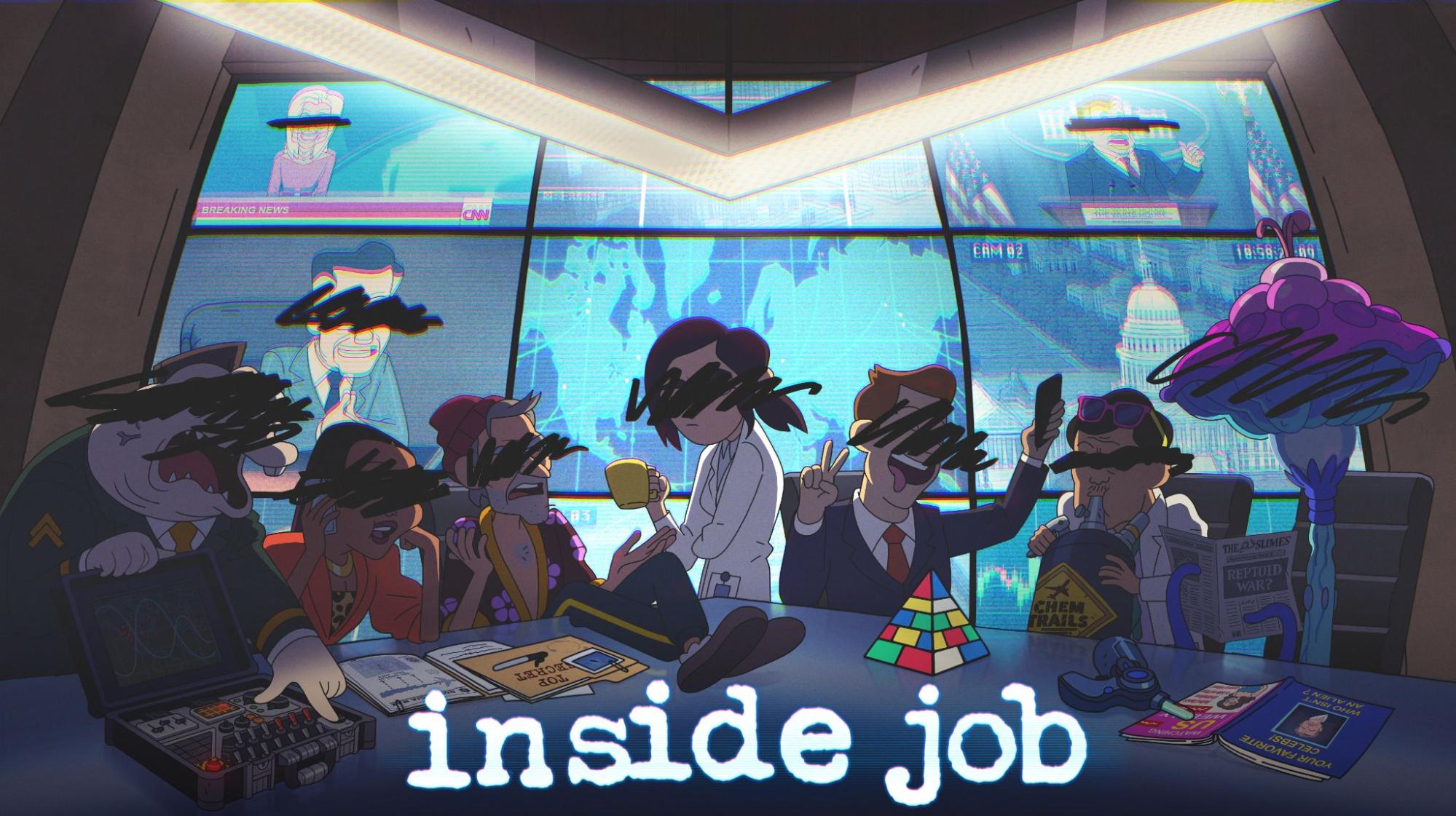Is the truth about the 2008 financial crisis finally within our grasp? "Inside Job," Charles Ferguson's Oscar-winning documentary, fearlessly unveils the systematic corruption that led to the global economic meltdown, a story that cost over $20 trillion and left millions jobless and homeless.
The film, released in 2010, offers a meticulously researched and devastating indictment of the financial services industry in the United States. It lays bare the systemic rot that festered within the system, exposing the complicity of key players and the devastating consequences of their actions. "Inside Job" doesn't just recount the events; it dissects them, providing context, and assigning responsibility. Its a story of greed, hubris, and the reckless pursuit of profit, all at the expense of the global economy.
| Documentary Title | Director | Year of Release | Subject | Key Themes |
|---|---|---|---|---|
| Inside Job | Charles H. Ferguson | 2010 | The 2008 financial crisis | Systemic corruption, financial deregulation, greed, abuse of power, and the consequences of the financial meltdown. |
For those seeking to understand the full scope of the crisis and the individuals who shaped its trajectory, "Inside Job" remains an essential viewing experience. The film's narrative is clear and concise, expertly guiding the viewer through complex financial jargon and connecting the dots between seemingly disparate events. This accessible approach makes it a valuable resource for both financial novices and seasoned professionals.
Available on various streaming platforms, including Netflix and Apple TV, "Inside Job" offers viewers the opportunity to delve deeper into the realities of the economic turmoil. It's a stark reminder of the fragility of the global financial system and the urgent need for accountability and reform.
The documentary utilizes a variety of sources, including interviews with key figures from the financial industry, academics, politicians, and journalists. These voices, presented in a balanced and compelling manner, help paint a comprehensive picture of the events leading up to the crisis and the subsequent fallout. The film's narrative is punctuated by archival footage and expert commentary, creating a cohesive and informative experience.
The film's revelations extend far beyond the initial collapse. It examines the role of credit rating agencies, the revolving door between Wall Street and government, and the moral hazard created by government bailouts. These insights expose the interconnectedness of the financial system and the ways in which seemingly independent actors contributed to the crisis.
Furthermore, the documentary does not shy away from implicating specific individuals. The film names names, detailing the actions of those who profited from risky practices and ultimately brought the global economy to its knees. In doing so, "Inside Job" sparked a broader discussion about the role of personal responsibility in the face of financial catastrophe.
Beyond the financial aspects, "Inside Job" also explores the broader social and political consequences of the crisis. It examines the impact on unemployment, housing, and the social safety net. By illustrating the human cost of the financial meltdown, the film underscores the need for reform and the importance of preventing such a crisis from happening again. It is a powerful indictment of the forces that nearly destroyed the global economy.
The documentary's impact has been significant. It has been used as a source of information by policymakers, academics, and journalists. It contributed to a broader public understanding of the crisis and served as a catalyst for further investigations and reform efforts. While the financial world has shifted in the years following the film's release, the films importance in sparking a public conversation cannot be overstated.
It's important to note that "Inside Job" is not a dry, academic exercise. It's a compelling piece of filmmaking. The use of archival footage, expert interviews, and a clear narrative structure makes it accessible and engaging. The films ability to convey complex financial concepts in a way that is understandable to a wide audience is one of its greatest strengths.
In addition to the documentary, the subject matter has been explored in other formats. The animated series "Inside Job," created by Shion Takeuchi, was released on Netflix on October 22, 2021, and was unfortunately canceled on January 8, 2023. This series, while a different format, also grapples with themes of conspiracy and the hidden workings of power.
The story of "Inside Job" continues to evolve as new information emerges and the financial landscape shifts. The film's relevance is constant, prompting viewers to ask questions about the financial system and the forces that shape their lives.
For those wishing to examine the facts and form their own informed opinions, "Inside Job" is a good starting point. It's a call to action, urging viewers to understand the complexities of finance, hold those in power accountable, and demand a more just and equitable economic system. The story of "Inside Job" is not just about the past; it is a warning for the future.
The documentary also discusses the role of deregulation in the crisis, showing how the dismantling of financial regulations paved the way for risky practices and the eventual collapse. The film highlights the consequences of prioritizing short-term profits over long-term stability and how it contributed to the vulnerability of the financial system.
Matt Damon's narration plays a critical role in guiding viewers through the complex subject matter. His clear and concise delivery makes even the most technical concepts accessible. His involvement underscores the importance of the topic and the film's commitment to bringing this crucial information to a wide audience.
The film's success is a testament to its powerful message and the filmmakers' dedication to truth-telling. Its Academy Award win for Best Documentary in 2011 was a well-deserved recognition of its impact and the crucial role it played in exposing the truth behind the 2008 financial crisis. "Inside Job" is not just a film; it is a landmark achievement in investigative journalism and documentary filmmaking.
Beyond the film itself, the topic continues to generate discussion and debate. The financial crisis, and the lessons learned from it, are still relevant today. The importance of transparency, accountability, and responsible financial practices remains a key concern for policymakers, regulators, and the public. The global economic landscape is ever-changing, but the need for vigilance and a critical understanding of the financial system will always be paramount.
The film's lasting legacy is its ability to spark a much-needed public conversation about the role of finance in our society and the importance of demanding accountability from those in power. "Inside Job" serves as a cautionary tale, a reminder of the dangers of unchecked greed and the devastating consequences that can result when the financial system fails.
For further research and a deeper understanding of the topics discussed in "Inside Job," resources are available. Investigate news articles, academic studies, and books that explore the events surrounding the 2008 financial crisis.
Further insights into the financial crisis can be gained from governmental reports and investigations. Resources like the Financial Crisis Inquiry Commission report offer detailed analyses of the causes and consequences of the collapse. Academic journals also publish in-depth articles that break down the complex dynamics of financial markets and the behaviors of the major players.
- Watch Vega More Streaming Guide Where To Watch Now
- Filmywap 2025 Download Free Movies Stay Updated Latest News


